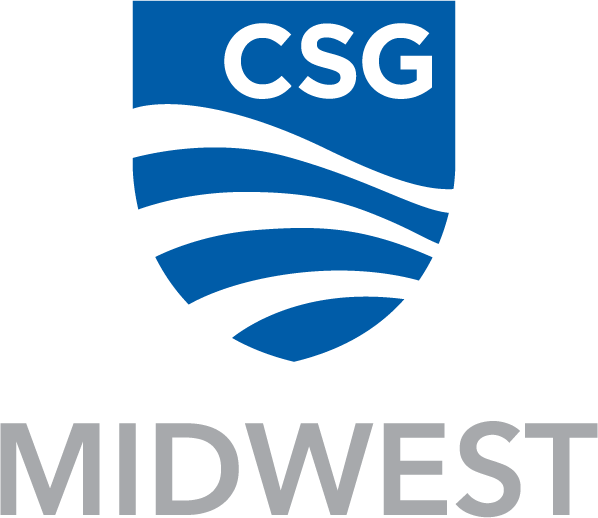A Look Back at Great Lakes Legislation: The 2021-2022 Session
During the 2021-2022 legislative session, the GLLC tracked more than three hundred pieces of legislation in the Great Lakes states and provinces related to our five issues areas: aquatic invasive species, coastal communities, nutrient management, toxic substances, and water consumption. one-third of the 2021-2022 bills and resolutions were introduced or co-sponsored by GLLC members.
Of the introduced bills, 61 were signed into law. Water consumption was the most active issue area. Legislators required water utilities to replace lead service lines (Illinois); allocated additional funds to water infrastructure (Michigan); banned new water-use permits for bulk transport sale of water (Minnesota); and bolstered lead testing programs for vulnerable populations (New York and Pennsylvania).
The second most active area for successful legislation was nutrient pollution. Legislators increased regulations on pesticides (Illinois); created and/or reauthorized programs to help landowners employ best practices on farmland (Illinois, Michigan, Minnesota); and increased funding for water quality and nutrient runoff work (Michigan, Ohio).
When it comes to toxic substances, GLLC jurisdictions banned incineration of PFAS (Illinois); banned use of PFAS compounds in dry cleaning and food packaging (Minnesota); listed emerging contaminants as hazardous (Minnesota, New York); and expanded funding for disposal and clean-up of PFAS (Wisconsin).
For coastal communities, legislation strengthened rescue equipment on the lakes (Michigan); removed requirements for municipal lakefront developments to include an oil refinery (Indiana); established funds for climate resiliency (New York); changed development regimes for floodzones (Québec); required permits for wetland, stream, or floodplain restoration (Wisconsin; and allowed removed sediment to be reused as beach nourishment (Wisconsin).
In the area of aquatic invasive species, Minnesota’s environmental and natural resources bill included funding for the University of Minnesota Aquatic Invasive Species Research Center.
All of the tracked legislation can be reviewed in the archived 2021-2022 tracker.

